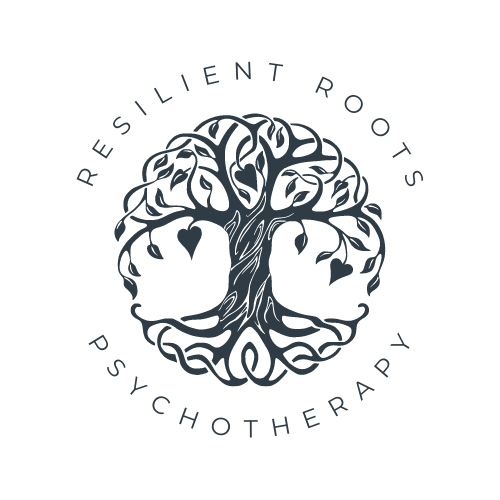
rewrite your story.
Therapy for Trauma
online in indiana & colorado
Trauma can make you feel like your life is out of control and unpredictable.
IF ANY OF THE FOLLOWING SOUND FAMILIAR,
YOU’RE NOT ALONE:
You’re experiencing intense feelings of anxiety, fear, and sadness that are difficult to manage;
You feel like you are constantly reliving the traumatic event, through flashbacks, intrusive thoughts, or physical sensations;
You find yourself engaging in behaviors or coping mechanisms that are harmful or unhealthy, such as substance use, self-harm, or isolating yourself;
You struggle with feelings of shame, guilt, or self-blame, believing that you somehow caused or deserved the traumatic experience;
It’s hard to trust others, to feel safe in your own body, and to make sense of the world around you.
Let’s talk about…
Creating safety
Processing traumatic events
Anxiety and depression
Negative self-talk/self-esteem
Distorted beliefs as a result of trauma, generational trauma, healing relationships with yourself and others - and anything else that has impacted you.
It may feel impossible now, but you can learn to feel safe again.
You can feel like yourself again.
You don't have to go through this alone.
Therapy for anxiety trauma empowers you to:
Tell your story on your own terms, without feeling judged or ashamed;
Work through the constant worry, hypervigilance, and flashbacks that may be disrupting your daily life;
Develop a strong sense of safety within yourself, your relationships, and your environment;
Learn coping strategies to manage triggers and intense emotions, and develop healthy ways to regulate your emotions and behavior;
Reconnect with your body and mind, and begin the journey toward healing and recovery.
At the end of the day, I want you to know:
You are not defined by the things that happened to you, and it was not your fault. You are not someone who needs to be fixed. You are whole, you are loved, and you are enough.
What we’ll work on
Imagine a life where you feel…
Empowered and in control of intense emotions, equipped with healthy coping strategies to manage anxiety, fear, and sadness.
Liberated from constantly reliving the traumatic event, experiencing relief from flashbacks, intrusive thoughts, and physical sensations.
Emotionally resilient and free from harmful behaviors, fostering self-compassion and healthy connections with others.
Unburdened by feelings of shame, guilt, or self-blame, recognizing that you are not to blame for the traumatic experience, and embracing a renewed sense of self-worth and trust in the world.
Thoughtful Perspectives on Trauma
You are worthy of healing.
Questions?
FAQs
-
Anxiety is a persistent and intense feeling of worry that can last for weeks, months, or even years. It's often accompanied by physical symptoms like heart palpitations, sweating, irritability, poor concentration, and sleep disturbances and can interfere with daily activities and relationships.
-
Stress is a normal reaction to an overwhelming situation, such as deadlines or major life changes. Once the situation has resolved, the stress typically disappears.
-
Everyone is different, so in therapy, our approach to treating your anxiety depends on what works for you. Generally speaking, here are some ways to manage anxiety:
- Deep breathing exercises: Taking slow, deep breaths can help you relax and reduce your heart rate when you’re feeling anxious. I recommend 5-7-5 breathing: inhaling for five seconds, holding your breath for 7 seconds, and exhaling for 5 seconds. Repeat.
- Mindfulness meditation: Mindfulness meditation involves focusing your attention on the present moment and observing your thoughts and feelings without judgment. Meditation has been shown to reduce cortisol (aka the stress hormone) levels, as well as improve focus, concentration, and sleep.
- Regular exercise: Exercise releases endorphins, which can improve your mood and help you feel more relaxed.
- Cognitive-behavioral therapy (CBT): CBT is a type of therapy that helps you identify and change negative thought patterns and behaviors that contribute to anxiety.
To learn more about my approach to therapy, click here.
-
The length of time it takes to see improvement in anxiety symptoms with therapy can vary depending on the severity of your symptoms, the type of therapy you're receiving, and how committed you are to the process.
Often, within a few weeks or months of beginning therapy, many clients begin to notice improvements in their anxiety symptoms. It's crucial to remember that therapy is a process, and it can take longer before you see a noticeable change.
Ultimately, it’s important to be patient with yourself. Change doesn’t happen overnight.



















